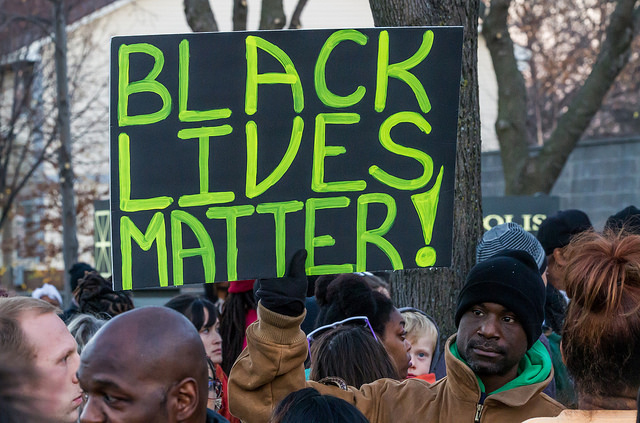-
Tips for becoming a good boxer - November 6, 2020
-
7 expert tips for making your hens night a memorable one - November 6, 2020
-
5 reasons to host your Christmas party on a cruise boat - November 6, 2020
-
What to do when you’re charged with a crime - November 6, 2020
-
Should you get one or multiple dogs? Here’s all you need to know - November 3, 2020
-
A Guide: How to Build Your Very Own Magic Mirror - February 14, 2019
-
Our Top Inspirational Baseball Stars - November 24, 2018
-
Five Tech Tools That Will Help You Turn Your Blog into a Business - November 24, 2018
-
How to Indulge on Vacation without Expanding Your Waist - November 9, 2018
-
5 Strategies for Businesses to Appeal to Today’s Increasingly Mobile-Crazed Customers - November 9, 2018
Baltimore officer on trial for ‘what he did not do’ before death
BALTIMORE (AP) – Officer William Porter did nothing to help Freddie Gray as he lay helpless on the floor of a Baltimore police transport van complaining that he couldn’t breathe and pleading for a medic, prosecutors said.
Advertisement
These photos show Baltimore police officers, top row from left, Caesar R. Goodson Jr., Garrett E. Miller and Edward M. Nero, and bottom row from left, William G. Porter, Brian W. Rice and Alicia D. White, charged with crimes in the police-custody death of Freddie Gray.
Here in Baltimore, the trial involves a black officer who faces manslaughter and other charges for ignoring Gray’s pleas for medical help and failing to buckle him safely into a police transport van.
The jury of eight women and four men was seated on the third day of a brisk selection process, given defense assertions that it would be impossible to seat an impartial panel in a city so convulsed by the case.
Jury selection is a racially-charged issue in the United States, where historically all-white juries have been used unfairly to indict Black defendants and protect white ones.
Porter was in the police van that transported Gray from his arrest location to the Western District police station on April 12, the day Gray suffered a fatal spinal wound.
Spokeswoman Terri Charles also said Tuesday that opening statements in the trial of William Porter could be heard as early as Wednesday.
Porter, 26, faces charges including manslaughter, second-degree assault and misconduct. At one point, prosecutors say, he checked on Gray and saw that he was unresponsive, but he opted not to call for paramedics until the van arrived at the police station.
Mr Schatzow said the injury occurred in a section of the spinal cord where the nerves control the chest and the diaphragm, making it hard for Mr Gray to breathe.
Porter will likely take the stand in his own defence.
Porter’s trial is expected to be a bellwether for the other police officers’ trials that follow.
“If you recognize someone needs medical assistance, always call 911 or EMS”, Johnson told the court, later adding, “A police officer is provided with the ability through appropriate training to make a determination if someone is in a medical emergency”.
Porter’s defense attorneys have made repeated requests, without success, to move the trial out of Baltimore, arguing that the jury pool would be tainted because of its proximity to the incident.
Prosecutors say Gray died after his neck was broken in the back of a police van.
Jurors were also shown two cellphone videos of Gray’s arrest April 12 and a subsequent stop of the police van. And the defense intends to call Donta Allen, another detainee who was in the van at the same time as Gray.
The nature of Gray’s injuries has led to speculation that he was subject to a “rough ride”, in which a handcuffed suspect is placed in the back of a police van and deliberately jostled.
One juror has already been dismissed for saying he has had “unfortunate” experiences with Baltimore police.
Advertisement
Mayor Stephanie Rawlings-Blake was harshly criticized in the wake of the civil unrest and her decision to enact and maintain a city-wide curfew aggravated protesters. As for the updated policy, Proctor said officers received thousands of emails and could only check them at outdated computers at the office.





























